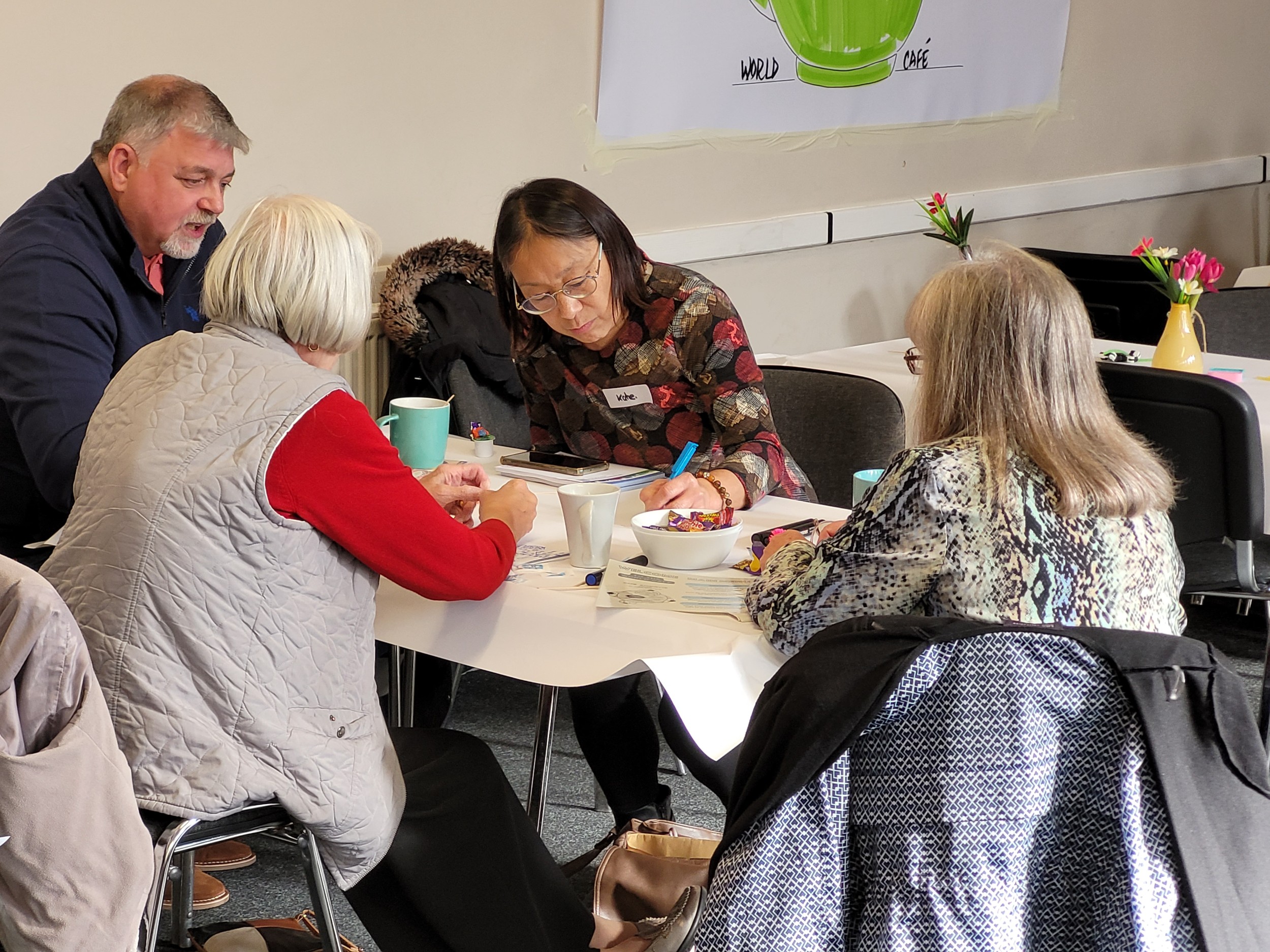Clinical pharmacists within general practice are medicines experts who can deliver direct patient care and work with the wider practice team to improve quality and safety. They will use their skills to help people manage minor illnesses, get the most benefit from their medicines, and effectively manage their long-term conditions. Such a role could in turn relieve pressure on GPs and free up their time to manage patients with more complex or acute illnesses.
By employing clinical pharmacists, many practices have been able to:
- Reduce waiting times for appointments
- Increase access to healthcare
- Improve screenings and diagnosis of chronic and common ailments
- Reduce A&E admissions
- Reduce the wastage and overuse of medicines.
- Save GP locum costs
A clinical pharmacist's responsibilities might include:
- Clinical services
- Working with GPs and patients to address medicine adherence
- Reviewing patients on complex medicine regimens
- Triaging and managing common ailments
- Responding to acute medicine requests
- Managing and prescribing for long-term conditions (often with the practice nurse)
- Holding minor ailment clinics
- Prescription and medicine management
- Dealing with medication for patients recently discharged from hospital
- Helping the practice deliver on the QIPP and QOF agenda and enhanced services
- Delivering repeat prescription reviews and overseeing the practice’s repeat prescription policy
- Being the point of contact for all medicine-related queries
- Taking over clinical medicines reviews from GPs
- Audit and education
In dispensing practices, pharmacists can take responsibility for the business management of the dispensary.
Network Contract Des Specification - Primary Care Network workforce and requirements (.docx)
A guide for GPs considering employing a pharmacist (pdf)
Frequently Asked Questions 2020/21 (.docx)
Clinical Pharmacist - Minimum Requirements (pdf)
Primary Care Network Clinical Pharmacist Job Description (pdf)
Clinical Practice Based Pharmacist Job Description (pdf)
Senior Practice Based Clinical Pharmacist Job Description (pdf)


